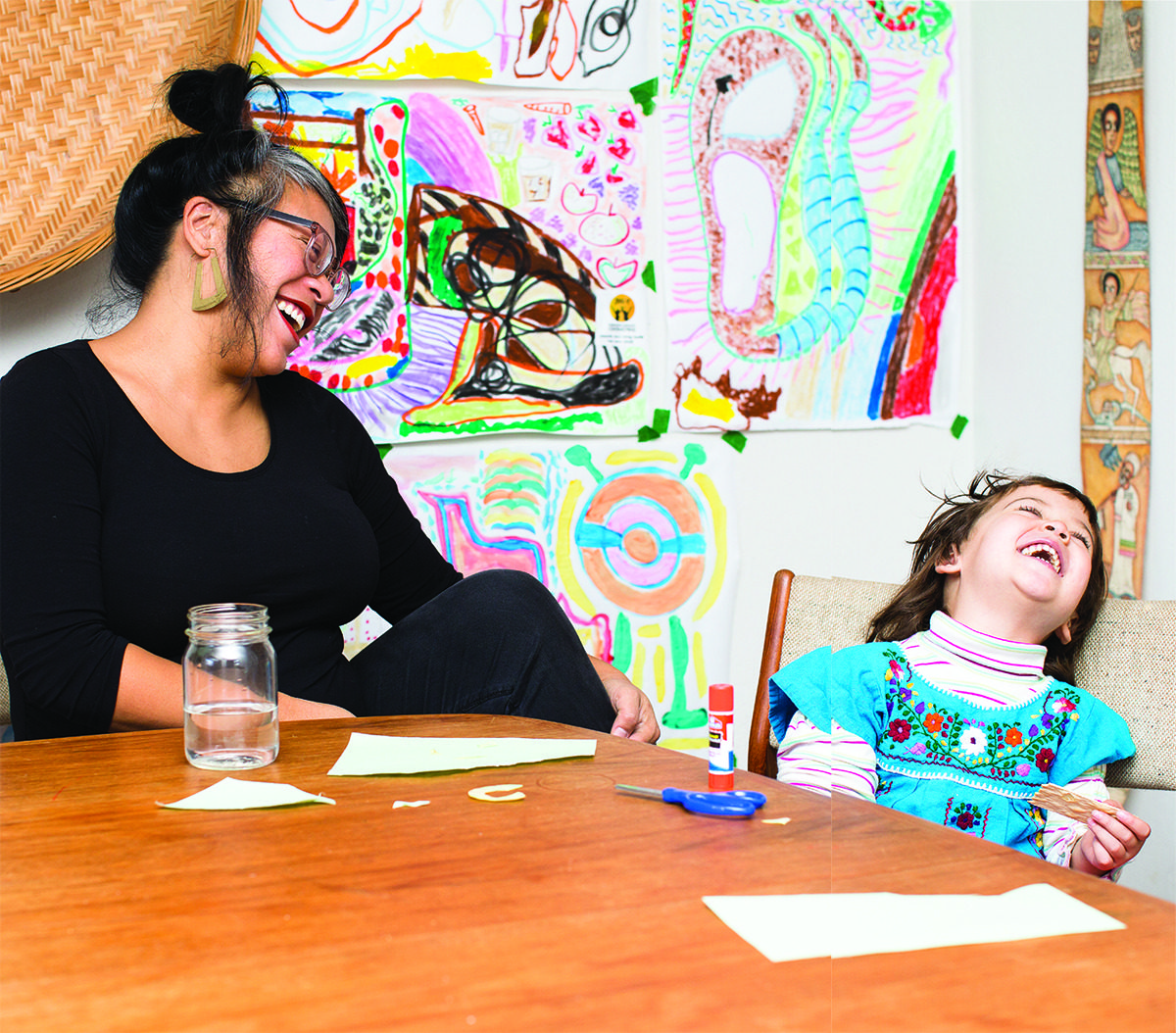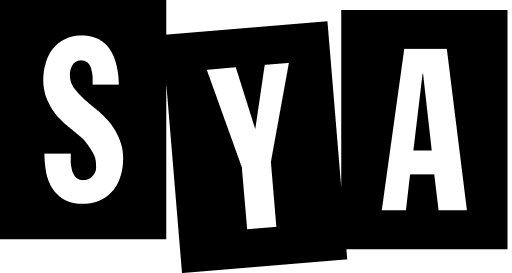
When I try to recall details, they are frustratingly blurry: a ride up and down in a stainless-steel elevator, beige industrial carpeting, walls the color of cold oatmeal. Perversely, I remember reading an Us Weekly most of all.
I chose the clinic—the only one I ever considered—because a few years before I’d gone out to a bar with a friend who’d introduced me to her best friend. At some point, I asked this woman what she did for a living. “I help women get abortions,” she said, beaming. “I love my work.”
That I remember so little has been hard for me to accept. Ten years later, it still feels like a wobbly dream. It’s not because the day was difficult or emotionally overwhelming. I suspect it has more to do with the combination of anti-anxiety and pain medications I was given. In the days after, I felt a tremendous sense of loss—not for the embryo, but for the physical sensation and memory of something that was important to me. For a long time, it struck me as wrong that my boyfriend, who held my hand through the procedure and is now the father of my children, holds more details of my abortion in his brain than I do.
It took years— five different jobs, a marriage, achieving financial stability in my career as a writer, giving birth to a child—before I could tell this story. Before I could tell my parents, the people who love me most in the world, safely and without damaging our relationship. And even then, it was out of necessity, an unavoidable truth. I consider it a privilege to be able to tell this story at all.
My parents are immigrants from the Philippines, a devoutly Catholic country. Abortion is illegal there and, for many years, birth control was too because “God will always provide.” They’ve proven to be remarkably adaptable in their adopted country, including always supporting the girl who defied all their expectations of who their little girl would be. The high schooler who, when our church handed out bumper stickers saying “Life: What a Beautiful Choice,” cut hers up and affixed it to the bumper of the old Volkswagen (purchased by her parents) to deliver a new message: “What a Beautiful Life.”
I never told my mother and father because, while it is true that it’s none of their business, it is also true that I wanted to protect them. Children who have seen their parents struggle to make sense of a culture, and repeatedly try their best to fit into that culture even as it denigrates and overlooks them, feel an extra sense of responsibility. As much as you need to rebel against them, when you watch them sacrifice comfort, home, being fully seen and understood—all for your benefit—you want to shelter them too.
Three years ago, I wrote an article about my experience with miscarriage that also revealed that I had an abortion. For me, life and loss, motherhood and independence, reproductive choice and lack of control over my body’s workings are all tied in an inextricable embrace. The day before the article was published, I sat my mother down to tell her. I knew it wouldn’t be easy, but I couldn’t let her find out by reading it on the internet.
She began crying immediately.
“Well, it was your choice,” she said. “But you have to know it goes against everything your father and I fundamentally believe in our hearts.”
She went on to tell me about how she would have taken care of my baby, how my cousin in the Philippines, who is unable to have children, would gladly have taken my baby. How so many people would have wanted my baby.
My baby. I realized quickly there was nowhere for the conversation to go. The life she was concerned about was that of a weeks-old embryo. I was thinking of my own.
When my abortion was over, and I remember that it was over quickly, I lay there for a while, then got dressed and walked into the hallway. e woman I had met while out drinking years before was waiting outside the door for me in her scrubs. She gave me a hug, one I will never forget. She didn’t say much and, in the 10 years and many social interactions that have followed, has never said a word about it. Her unfailing respect for my privacy moves me to this day.
How many stories do the people who care for us hold?
Abortion requires trust, placing yourself— vulnerable—in someone else’s hands. For me, it meant turning my body and its memories over to others for safekeeping. For a lifetime. Now that I am a mother, I see that it was my first object lesson in the surrender that underlies my most important and rewarding relationships. ere’s another word for this submission: Love.
photo by Elizabeth Rudge
